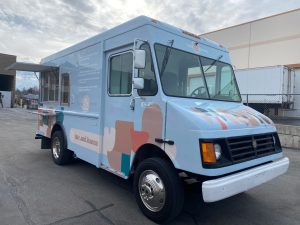
Before purchasing a food truck, it is important to fully understand the costs involved. This includes not only the initial purchase price of the truck itself but also any necessary permits and licenses, as well as ongoing expenses such as insurance, maintenance, and supplies. It is crucial to create a detailed budget and consider all potential costs before making a decision.
Local Regulations and Permits
Food trucks are subject to various regulations and permits at both the local and state levels. These may include health department inspections, parking restrictions, and specific requirements for food handling and preparation. It is essential to thoroughly research these regulations in your area before investing in a food truck to ensure that you are able to comply with all necessary requirements.
Target Market and Location
One of the keys to success for a food truck business is choosing the right target market and location. Consider factors such as foot traffic, competition, and demographics when selecting a location for your food truck. Additionally, think about what type of cuisine will appeal most to your target market in order to create a menu that will attract customers.
Equipment and Design
The design of your food truck can play a significant role in attracting customers and creating an efficient workspace. It is important to carefully consider the layout of your equipment, storage space, and serving window when designing your food truck. Additionally, invest in high-quality equipment that will be durable enough to withstand the demands of operating a mobile kitchen.
Marketing Strategy
A strong marketing strategy is essential for any successful business, including a food truck. Before launching your business, develop a plan for promoting your brand through social media, events, partnerships with local businesses or organizations, and other creative methods. This will help attract customers and build brand awareness for your new venture.
